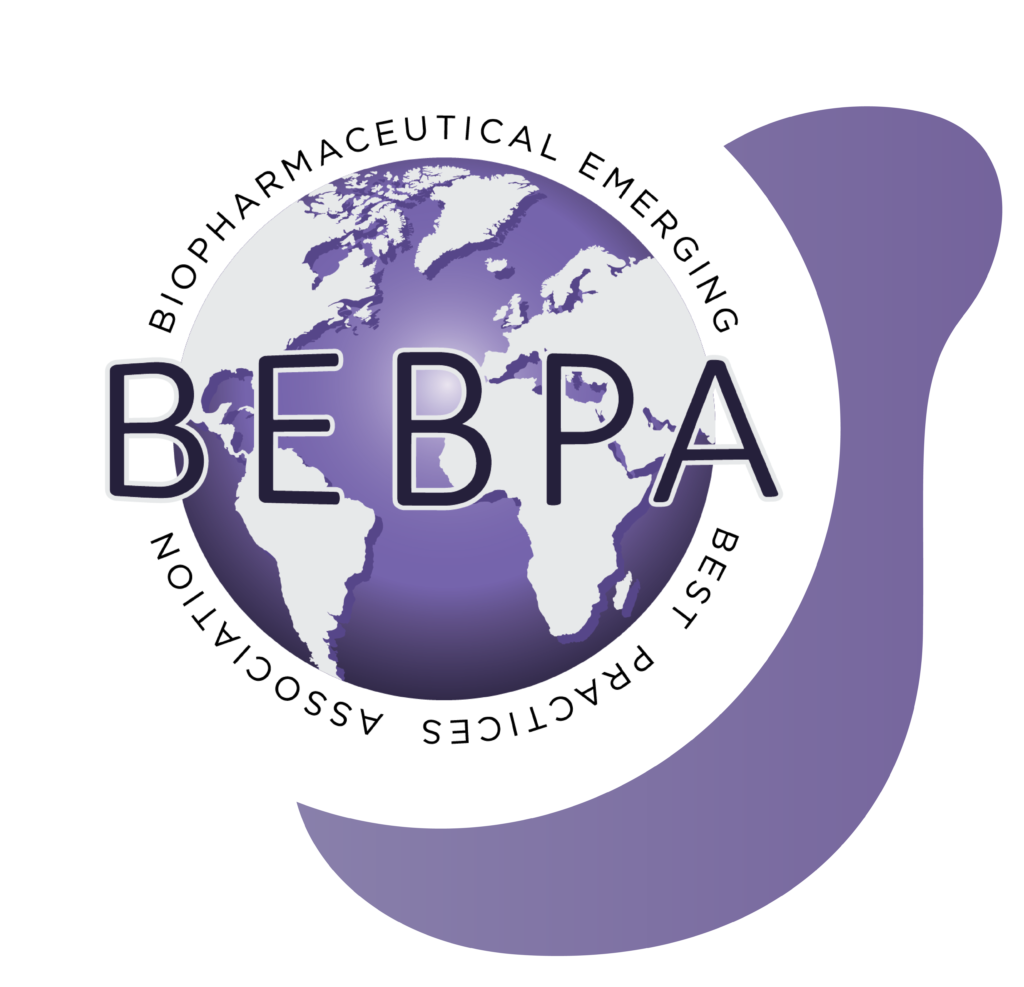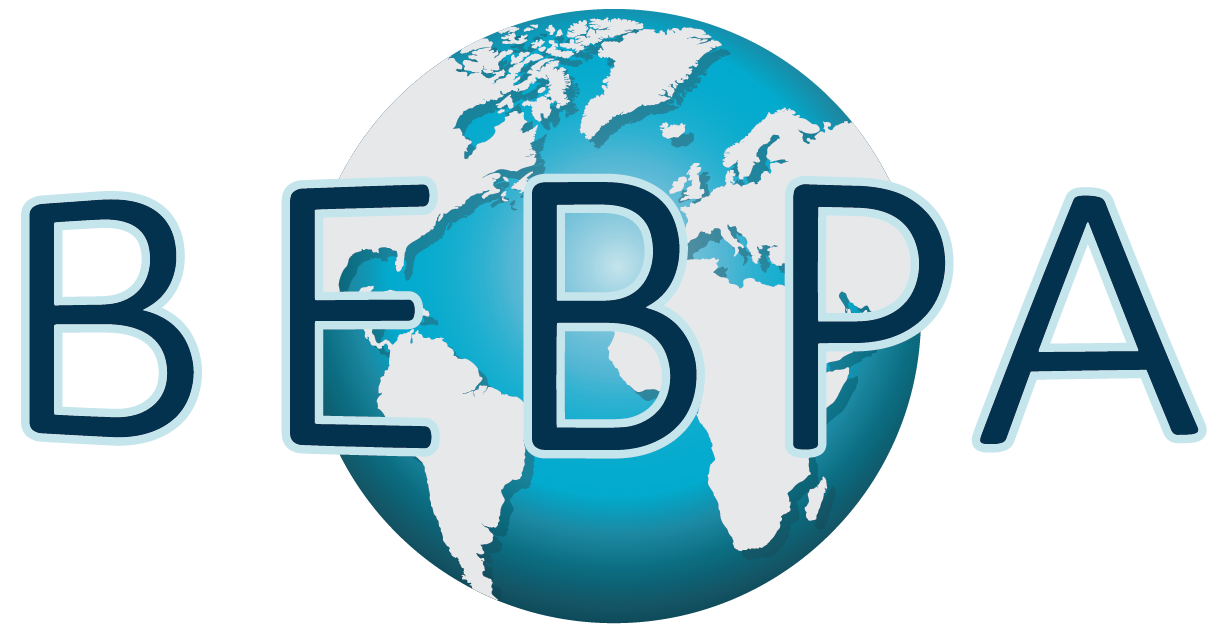BEBPA Blog
Tech Briefing: The Wonderful World of Automation and Artificial Intelligence in the Bioassay Lab
By Laureen Little, Principal Consultant, Quality Services and President (BEBPA)
At BEBPA we track implementation of new technologies, analysis approaches and the emergence of new technologies in the potency bioassay world. Over the past years, we have seen a steady increase in the use of frozen-ready-to-use cells, development of reporter gene assays and the increased use of automation.
What is next? What about AI (Artificial Intelligence)? We hear about Artificial Intelligence (AI) in all aspects of our lives, but what about AI in the lab? Specifically, what does AI look like in the bioassay laboratory? I thought a fun place to find out the uses of AI in the laboratory – would be to look at an AI Overview of the topic! Here is what I found:
AI Overview
Artificial intelligence (AI) is a technology that is being used in laboratories to improve efficiency, accuracy, and diagnostic processes. AI can help with a variety of tasks, including:
- Data analysis: AI can analyze large amounts of data to identify trends and produce insights.
- Disease detection: AI can help detect diseases by analyzing lab samples and comparing them to a database of other samples.
- Test interpretation: AI can help interpret laboratory test results.
- Predictive maintenance: AI can predict when laboratory equipment might need maintenance.
- Quality control: AI can help with quality control by identifying when results start to drift.
- Reducing errors: AI can help reduce errors in diagnosis and treatment plans.
- Automating tasks: AI can automate routine tasks, such as data entry and sample handling.
- Reducing redundancy: AI can help reduce redundancy by predicting test results from other patient data.
- Filling staffing shortages: AI could help fill gaps in the laboratory professional shortage by automating tasks that people don’t enjoy doing.
Digging deeper and specifically thinking about potency bioassays, it is obvious that the tracking and trending of potency bioassays is an often-overlooked area ripe for the use of AI.
Imagine a world, in which all the characteristics of your potency assay, not just selected system suitability is tracked, trended and emailed to you in a weekly report, all without you having to retrieve, manipulate and “massage” the data. This is particularly important for assays which includes any batch of material used as reference material used to release commercial or clinical batches.
Thinking back over my career as a bioassay consultant, I can think of numerous cases in which we would have more quickly noticed a decreasing potency of clinical reference material if only the data indicating an increasing background, decreasing upper asymptote, or shifting ED50 had been tracked and trended on a routine basis. Often the first indicator of instability was not the assay characteristic we expected and. Therefore, in the days of manual trending data, it was not selected for monitoring.
Although this might seem like pie-in-the-sky thinking, BEBPA is running a session at the upcoming BEBPA US bioassay which starts with case studies about the automation of running assays and ends with two talks about automating the data analysis, trending this data and automating reports.
The session line-up includes:

Session Chair
David Lansky
President, Precision Bioassay Inc

Case Study: The Benefits of Automation
Speaker from a major biopharmaceutical company to be announced soon

Case Study: Supporting a Complex Protein Portfolio with a Multi-Target Binding Method Platform
Lauren Tereshko
Senior Scientist, Biogen

Application of Artificial Intelligence in the World of Bioassays
Perceval Sondag
Consultant

Artificial Intelligence in Bioassay Analysis
Steven Walfish
Principal, Iovance
Our speakers have hands-on experience, years of experience and have learned not only how to automate assays, but also know the traps to avoid. Streamline your experience by hearing firsthand from them the precious tricks of the trade.
Join us at the upcoming BEBPA US Bioassay Conference in Tucson, AZ March 24 to 26, 2025. You will hear many case studies about many assay types including: Flow Cytometry, Cell Migration, Enzymatic assays, Bioluminescent assays and many more. These methods are used to support a multiplicity of products including cellular therapies, gene therapies, Antibody-Drug Conjugates, mAb products, CAR-T products and many others. These presentations are by your colleagues and are always filled with new and great ideas about how to accelerate your development projects. Sign up soon before the space sells out.
